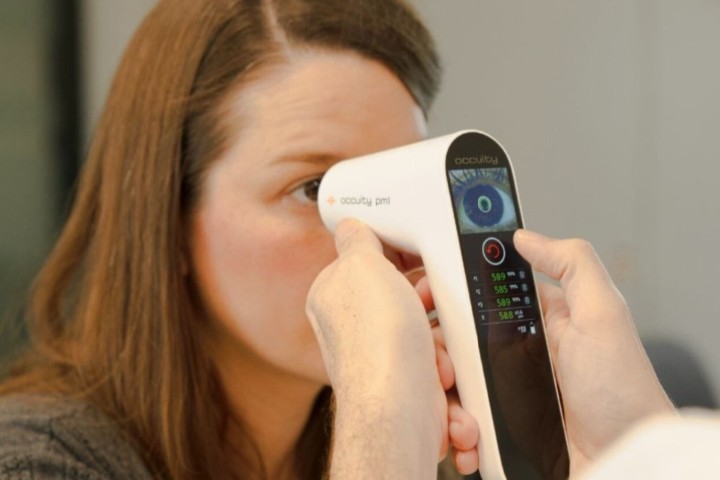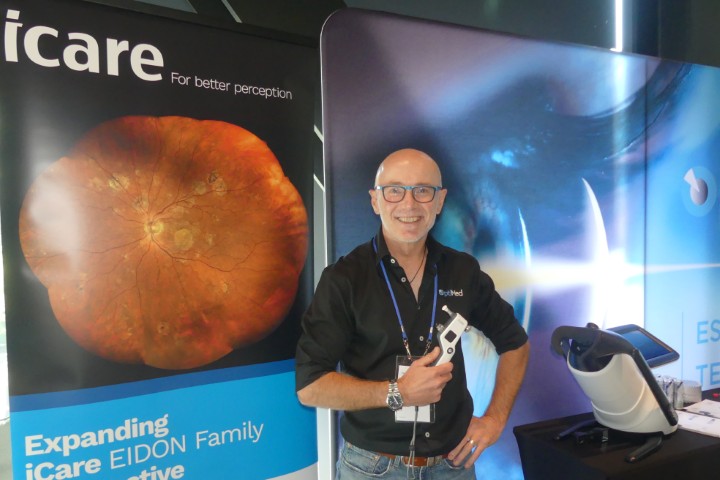Tear test screening for diabetes complications
A University of New South Wales (UNSW) study suggests tear-testing may be the future screening method for diabetic peripheral neuropathy.
The research, published in The Ocular Surface, shows that peripheral nerve damage, often the earliest sign of the condition, can be traced in tear film. While nerve damage cannot be reversed, early detection can help patients better manage the condition and prevent further complications.
"We found that people with type 1 diabetic peripheral neuropathy, which can result in recurring ulcers of the feet and in severe cases require amputation, have reduced levels of a protein known as 'substance P' in their tear film," said senior author Dr Maria Markoulli. “In the future, they may be able to have a quick tear sample collected either at their optometrist, the chemist, GP or endocrinologist, and be told whether they are at risk."
The study included nearly 100 participants and tested the concentration of two proteins (neuropeptides) in the tear film of people with type 1 and type 2 diabetes compared to control groups. The results showed that patients with type 1 diabetic peripheral neuropathy had less 'substance P' protein in their tear film, while it didn’t suggest patients with type 2 diabetes had the same biomarkers, something which could be explained by the different disease processes said researchers.
Current early testing options available are limited to invasive examinations, such as skin biopsies. Further research is required before tear testing will be available clinically.


























